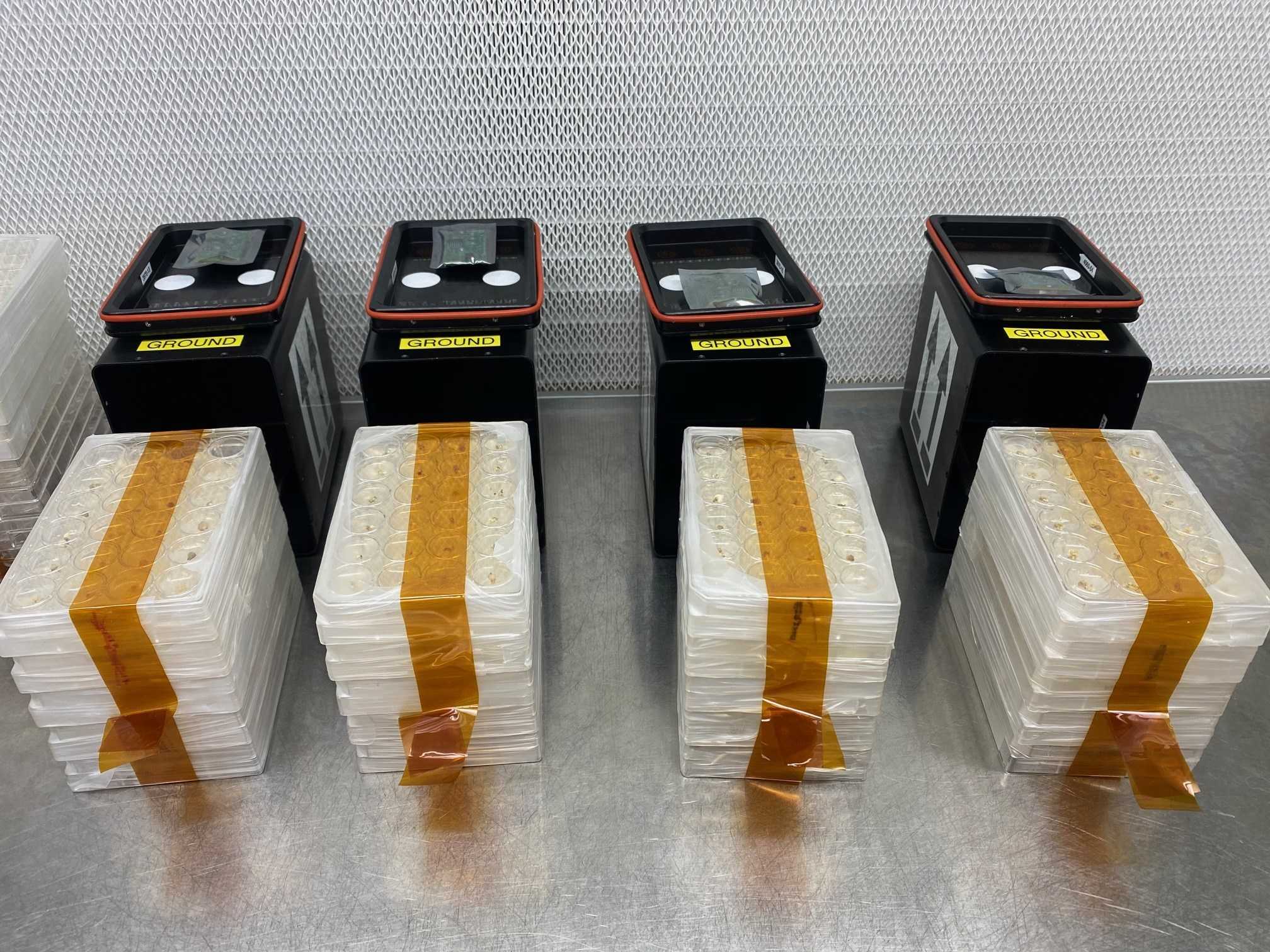LAFAYETTE, Colo., U.S. – Front Range Biosciences (FRB), an agricultural technology company focused on breeding and nursery production of new plant varieties and seeds for the hemp and coffee industries, has announced a mission to transport plant cultures to space to examine the effects of zero gravity.
In partnership with SpaceCells USA Inc. and BioServe Space Technologies at the University of Colorado Boulder, FRB’s coffee and hemp cell cultures were delivered to the International Space Station (ISS) on the SpaceX CRS-20 cargo flight.
Up to 480 hemp and coffee plant cell cultures will reside in four space-made Plate Habitats (PHabs) housed in a temperature-regulated incubator for approximately 31 days under the care of U.S. ISS astronauts. The environmental conditions for the cultures will be monitored remotely from BioServe’s payload operations center at the University of Colorado Boulder.
After the incubation period, the PHabs will be transferred back to the SpaceX Dragon capsule and returned to Earth where researchers at FRB will examine the plant samples to determine how microgravity and different stressors altered gene expression in the cell cultures.
These cell culture samples will also be regenerated and grown out to maturity to examine any changes throughout their lifecycle. Four other PHab incubators will be kept at FRB labs in California as a control group throughout the mission.
“This study aboard the ISS is an exciting area of genomics research for both the coffee and hemp industries,” said Dr. Jonathan Vaught, Co-founder and CEO of Front Range Biosciences.
“We are excited to discover whether any potential changes in the underlying biology of hemp and coffee plants in microgravity will enable us to unlock new traits with commercial applications in our breeding program. We are proud to be a part of this groundbreaking collaborative effort and look forward to the plants coming back to earth where we can use the data to make some exciting discoveries.”
“BioServe has taken great efforts to ensure that the Plate Habitat incubators made it on board the ISS this week and will perform under the challenging conditions of a space flight mission,” said Louis Stodieck, Chief Scientist of BioServe Space Technologies at the University of Colorado Boulder. “BioServe is thrilled to play a role in the advancement of agricultural science through this groundbreaking mission.”
“This mission takes us one step closer to proving the amazing changes that are possible in space,” said Peter McCullagh, CEO of SpaceCells USA Inc.
The SpaceX CRS-20 cargo launch can be viewed in real time by visiting www.nasa.gov/nasalive.


















